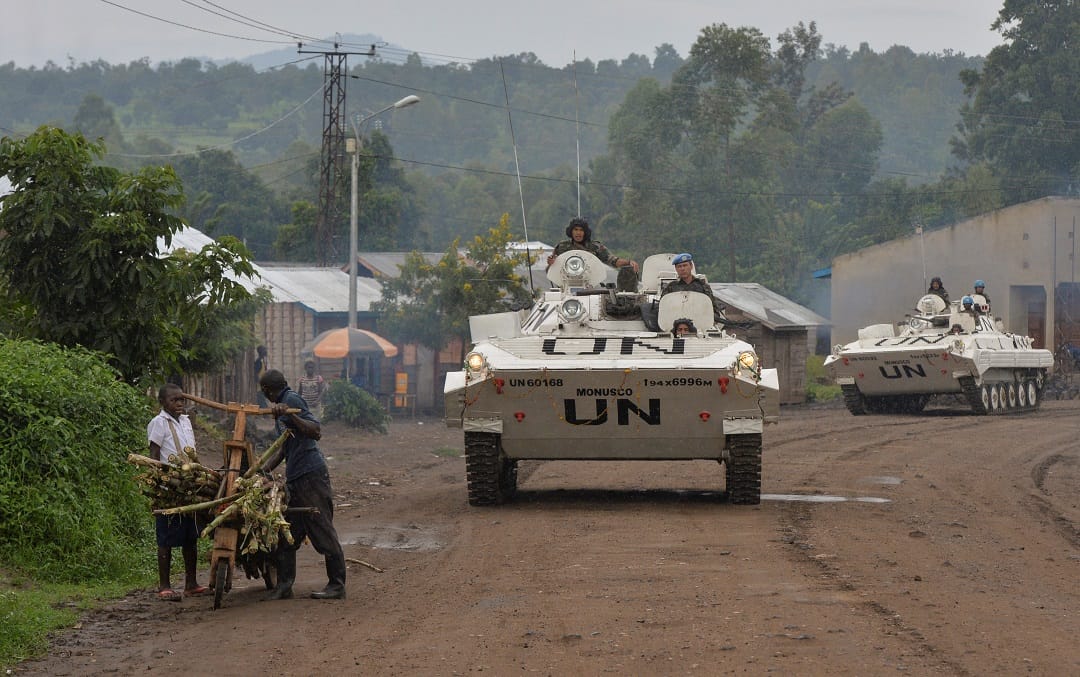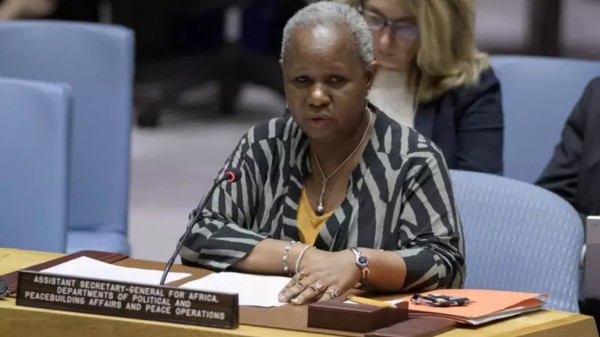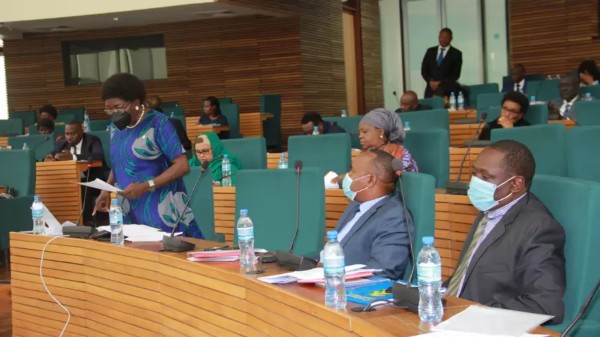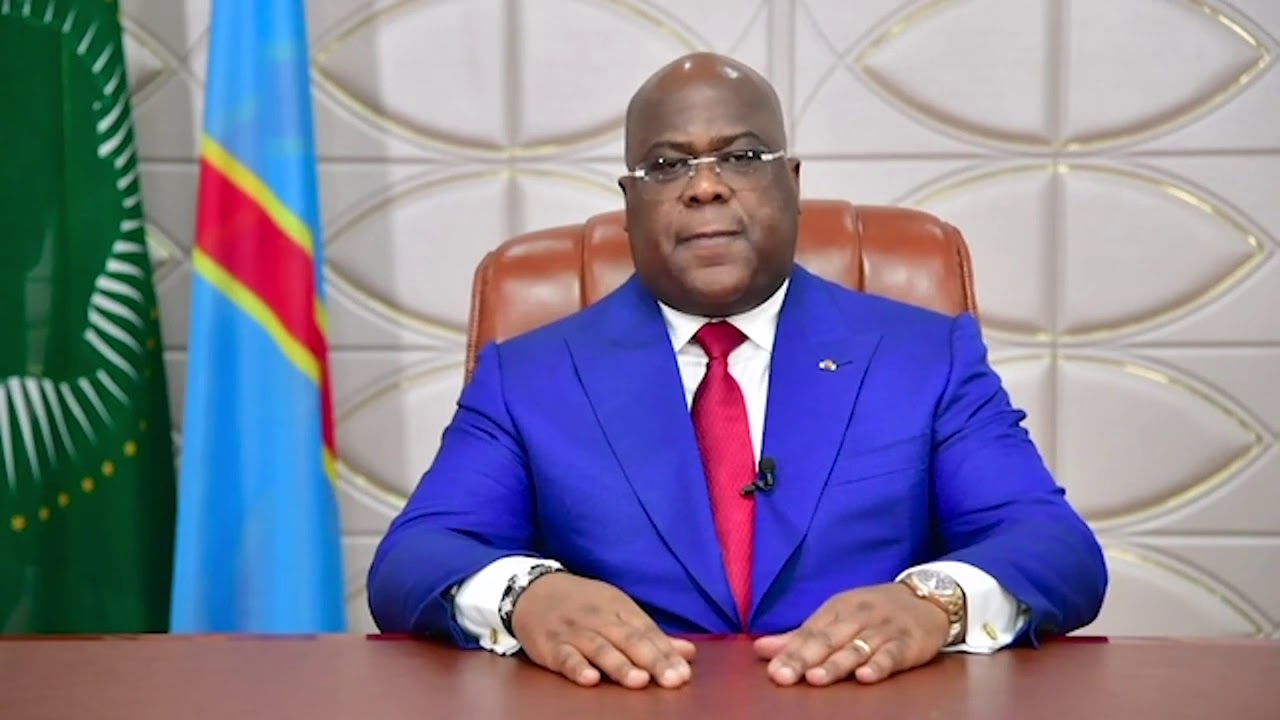Regional
UN refutes claims of RDF presence in DRC, what next?

Since
the launch of an armed offensive by the M23 rebels against a coalition
consisting the Congolese military, or FARDC, and the genocidal FDLR militia
group with support of MONUSCO, the UN peacekeeping force, the government of DRC
has maintained claims that the Rwanda Defence Force was supporting M23.
Congolese
politicians and senior military officers are on record saying that the RDF was
in DRC fighting for M23, a rebel group formed by renegade Congolese officers
over grievances they felt were not being addressed by their government.
These
claims were amplified after the M23 launched successive offensives in North
Kivu province, which ended in taking control of the border town of Bunagana
which links DRC to Uganda.
DRC’s
claims have since been refuted by MONUSCO itself. And, here is what people need
to understand.The armed conflict between the FARDC and the M23 is not a new
occurrence in eastern DRC. It has been an on and off for at least the last
decade, and it is part of problems that have blighted the region for decades.
Analysts predict that this unfortunate episode is far from being the last one
before eastern DRC can enjoy sustainable peace and security, their forecasts is
based on a number of evident whys and wherefores.
When
one objectively delves deep into the causes of the conflict between the FARDC
and the M23 armed group, some thought-provoking facts and questions come to
light.
First
of all, one fails to comprehend if there is any ideological clarity on the part
of the Congolese leadership and many have pointed to the nexus of the emergency
of the M23 rebel group and many others to this lack of direction.
Secondly,
one fails to comprehend the reasons behind DRC’s persistent blaming of Rwanda
for problems that are purely internal and should be addressed as such. Every
time there is a resurgence of an armed insurrection, the leadership in Kinshasa
is quick to blame Kigali.
Let’s
focus on the most recent independent findings of the UN and its mission in
eastern DRC; MONUSCO refuted the country’s allegations of RDF presence and
support towards M23.
It
was an all-out campaign when a few days ago, videos of FARDC Generals and high
ranking officers went viral. In all the videos, we were easily introduced to
majority of FARDC senior officers as they bragged about how they were not only
going to smash the M23 armed group, but also annihilate Kinyarwanda-speaking Congolese
who mostly reside in the Kivus.
For
decades, these Congolese have suffered discrimination from their compatriots
who always accuse them of being Rwandans. As if, it was already not bad enough
for a government to adopt such an approach against its own people as they
supported and amplified all the hate speech that is still circulating on social
media; they were at the same time bragging on how their next move, would be, to
conquer Rwanda and to make sure that they annex the country to DRC as permanent
solution to their internal problems.
Apparently,
some things must have gone wrong at the battle field, as the rhetoric suddenly
changed from bragging to the blame game and to crying foul before the bragging
‘battle-hardened’ military was overrun and forced to flee into Uganda with
their military hardware.
It
happened so fast that it got many surprised. But before we could establish what
had actually gone so wrong with the FARDC that they were defeated so fast and
so easily, the next thing in DRC’s state media and official statements, were
the allegations that the RDF had gone to Congo and helped the M23.
The
government through both its military spokesperson in DRC’s North Kivu and its
foreign affairs minister accused Rwanda of sending its troops in DRC and
helping the M23 to capture Bunagana.
Rwanda
has kept silent to all these unfounded allegations by the Government of DRC and
remained committed to protecting its territorial integrity in case the FARDC
and their allies, the FDLR, attempted to violate it.
Rwanda
also invited the joint verification mechanism of the Great Lakes Region to
verify claims by DRC and establish the truth.
The
United Nations (UN) named five groups behind what it calls a deteriorating
security situation in the eastern Democratic Republic of Congo (DRC),
manifested by an increasing number of attacks on civilians, notwithstanding
“impartial and robust” protection efforts by MONUSCO.
Stéphane
Dujarric, spokesman for Secretary-General Antonio Guterres, attributed attacks
to the Co-operative for Development of the Congo (CODECO) and M23 as well as
the ongoing presence of other foreign armed groups, including the Allied
Democratic Forces (ADF), Red Tabara and FDLR. All continue to pose a threat to
regional stability, he said in an update on DRC, MONUSCO and various efforts –
nationally and regionally – to disarm armed groups.
Worth
to note, in this regard, is also that MONUSCO spokesperson’s response to the
question of whether the M23 were supported by Rwanda. He said “we have no factual
confirmation” to the effect.
The
question should therefore be about where the DRC government gets their facts.
And how can they prove their allegations other than through unverified
statements and claims, often coupled with hate speech propaganda and man hunt
for anyone who speaks Kinyarwanda.
The
regional mechanisms and the international community at large should invite the
DRC government to avoid its blame games and pulling Rwanda into its internal
problems.
Rwanda
is busy focusing on its own internal affairs and can only wish its neighbors
well.





.jpg-20220613124920000000.jpg)
